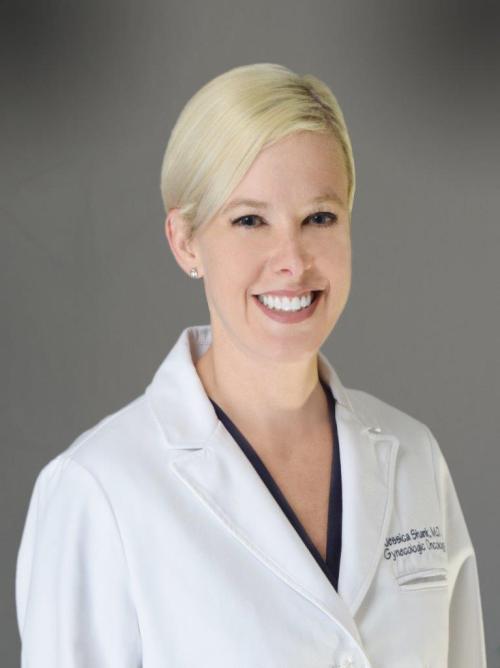Jessica Shank, MD, Named as
second Medical Director of Tulane Cancer Center &
Vice Chair of LCMC Oncology Service Line

Tulane University School of Medicine has announced that Jessica Shank, MD, has been named as second Medical Director of the Tulane Cancer Center and Vice Chair of the LCMC Oncology Service Line, effective October 1, 2025. Dr. Shank currently serves as the Associate Director of Clinical Affairs for the Tulane Cancer Center and the Section Head of Gynecologic Oncology, and will continue in these roles, working together with Dr. Stefan Grant, Director of the Tulane Cancer Center and Chief, Section of Hematology/Oncology. As the Lead Physician for the Tulane Cancer Center–LCMC Transition to East Jefferson General Hospital in 2023, Dr. Shank has an established relationship with LCMC and hospital leadership.
In this new role, Dr. Shank will serve as the liaison between LCMC and Tulane Cancer Center regarding clinical oncology. She will collaborate with LSU and community partners on the LCMC Oncology Service line strategy and enhance collaboration among all oncologists across the LCMC system. Additionally, she will collaborate on community outreach and engagement to maximize the impact of LCMC, Tulane and LSU on the health of the Greater New Orleans community.
Please join us in congratulating Dr. Shank as she assumes these important roles in advancing our clinical oncology mission.
